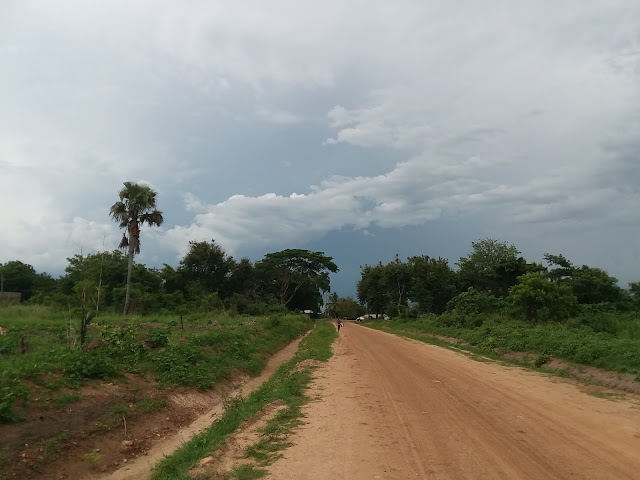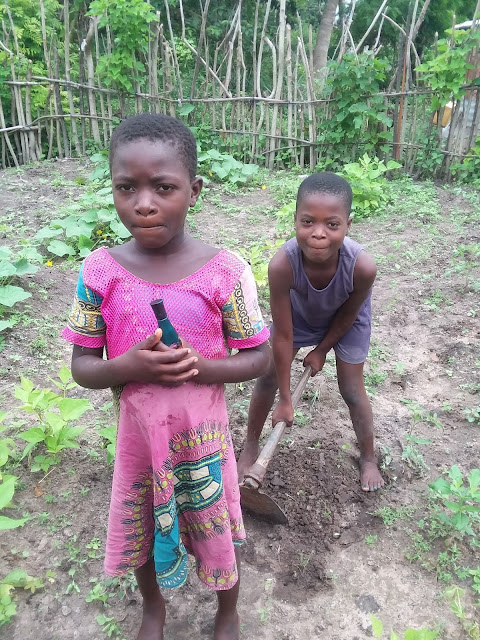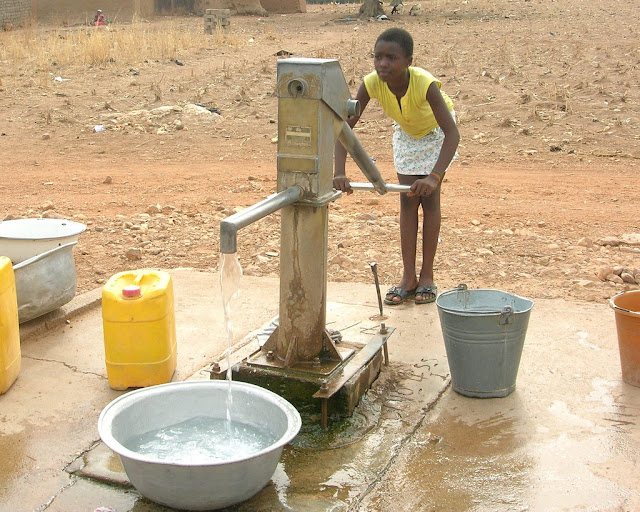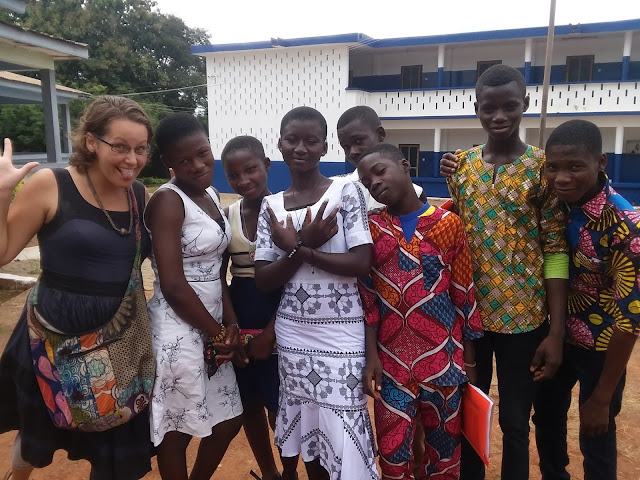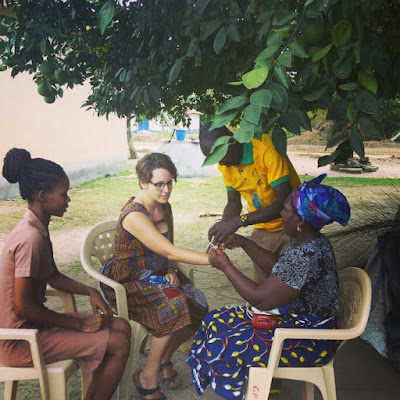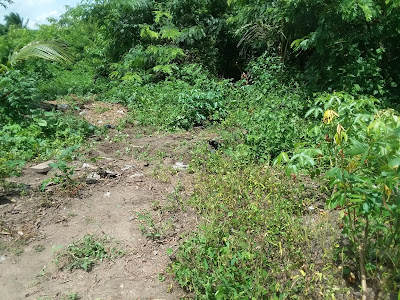Ghana isn't "poor," and neither am I.

Some of my friends and neighbors making gari, an extremely popular food made from cassava. It is difficult, sometimes, for me to share my experiences as a Peace Corps volunteer knowing that for many people, I'm their main source of information for what life in Ghana as like. I know that many of my friends and family extrapolate and assume that what is true for me is likely true for all Peace Corps Volunteers, or all Ghanaians, or all Africans. Here are some of my friends and neighbors hard at work making garri, one of the most popular foods in my town. I would like to take a brief moment to correct that and let you know that Ghana isn't poor. Neither am I, and neither are Peace Corps Volunteers in general. Let's start with me, since that's the easiest assumption to correct. In USD, our "salary" is a pittance. I could make more in a week at a minimum wage job in the United States than I live off in Ghana in a month. But that doesn't mean I...
